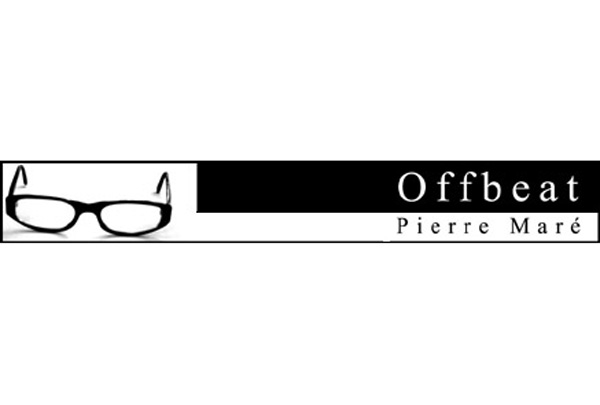
Solving the right problem
The theme I am busy with is creative thinking, one of the key components of innovation, it all starts with an idea, right? I have touched on the quality of thinking and finding time to think already, and the focus for this article is about asking the right questions, as I believe that innovation is driven by questions that are original, bold, counterintuitive, and perceptive.
Asking the right questions
To start my case for this article, I want to tell a humoristic story. I have told it before, but for me it stays one of the best examples of how your perspective on a matter determines the answers or outcomes you get, and I want to tell it again: A young priest asked his bishop, “May I smoke while praying?” The answer was an emphatic “No!” Later, when he sees an older priest puffing on a cigarette while praying, the younger priest scolded him, “You shouldn’t be smoking while praying! I asked the bishop, and he said I couldn’t do it!” “That’s odd,” the old priest replied. “I asked the bishop if I could pray while I’m smoking, and he told me that it was okay to pray at any time!”
A more practical example of the impact of framing a problem is of Steve Jobs, who was a master at defining a clear product vision, when setting out to build the iPod, he framed the problem as “1,000 songs in my pocket.” That simple phrase defined not only the technical specifications, but the overall approach.
My second argument comes from Warren Berger who said: “If you look at a lot of the innovations and breakthroughs today and you trace them back, as I did in my research, to their origin, a lot of times what you find at the root of it all is a great question; a beautiful question of someone asking why isn’t someone doing this or what if someone tried to do that? So I found that questions are often at the root of innovation”.
So, the big question for this article then becomes how do you figure out these great questions to ask (I don’t know if this qualifies as a pun, but it sure feels like one…).
I started unpacking this matter and the first question that came to mind is why don’t people ask these fundamental kind of questions? The answer was actually quite “logical”, but research did confirm it, as a recent study found that people in business are generally loathe to raise questions – primarily because they fear that anyone who asks fundamental questions will be perceived as incompetent or uninformed. And if anything, this problem seems to worsen over time as people gain more experience and expertise in their fields. After all, experts know they’re supposed to supply answers, not more questions. So step one is to let go of your ego and don’t be afraid to ask questions, even if the question appear to be “stupid”.
Secondly, it’s not just a matter of being willing to question – it’s also important to know how to question. Coming up with the right question, the one that casts a familiar challenge in a new light, is as much an art as it is a science. Hence, what is also crucial in terms of asking a “different” question, is for the questioner be able to look at an existing reality from multiple viewpoints, including, perhaps most importantly, that of the “naïve outsider”. Thus, to ask better questions, don’t try to be the expert, rather put yourself in the shoes of the novice or even better, involve the novice!
Asking better or “different” questions has a number of compelling benefits, including: They help us to arrive at a better, more complete definition of the problem or challenge we face; They lead our thinking in fresh new directions, and often help us to take creative leaps that are stepping stones to great ideas and they lead you to analyse your assumptions, which may hamper your ability to generate great ideas.














































